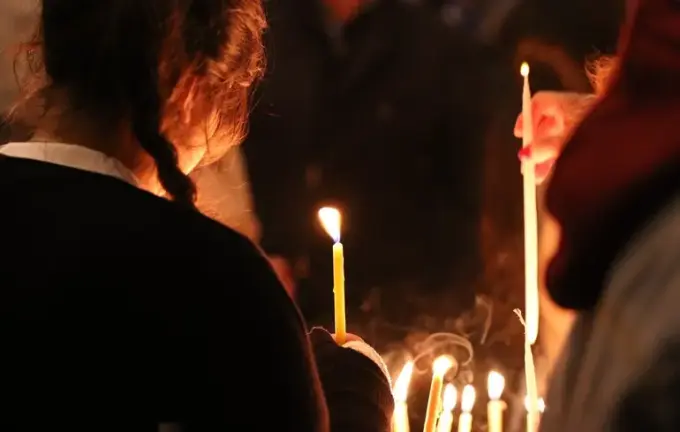Feast Day of Saint Paraskeva: Traditions, Restrictions, and Ukrainian Cultural Significance

On November 28th, Ukraine marks one of its most cherished religious celebrations — the Feast Day of Saint Paraskeva, also known as the Great Martyr Paraskeva.
This day holds deep historical roots and is rich with traditions passed down through generations.
Saint Paraskeva is revered as the protector of women, and her image in folk consciousness symbolizes happiness, protection from dark forces, and prosperity.
Historically, on this day, believers believed that her image could bring joy and harmony into the home and serve as a powerful safeguard for families.
Special ceremonies, including prayer services, bringing vegetables and fruits to the church for blessing, and decorating icons with herbs and flowers—considered medicinal—were customary.
The herbs blessed on this day were used for healing, such as in baths for children or as remedies for illnesses.
Additionally, Paraskeva was regarded as the patroness of trade — markets and fairs were held in her honor, with her icon prominently displayed as a sign of reverence.
This day was also associated with the start of flax processing: women would consecrate the first bundle of flax laboriously prepared for spinning by tying it to the icon of Saint Paraskeva.
An important element of the celebration was the protective woolen talisman tied around the right wrist, symbolizing safety and blessing.
Certain prohibitions were observed during this period — performing household chores such as cleaning, laundry, and crafts was forbidden.
It was believed that Saint Paraskeva would walk through the house and punish those who ignored these taboos.
Bathing children was also not allowed, especially if sick, although in cases of illness, washing with well water was permitted.
Further restrictions included avoiding fieldwork and the use of metal tools, which were considered to potentially offend the saint or bring bad luck.
These customs and restrictions encapsulate a desire for well-being, health, and divine protection, reflecting the deep spiritual and cultural traditions of Ukraine.

